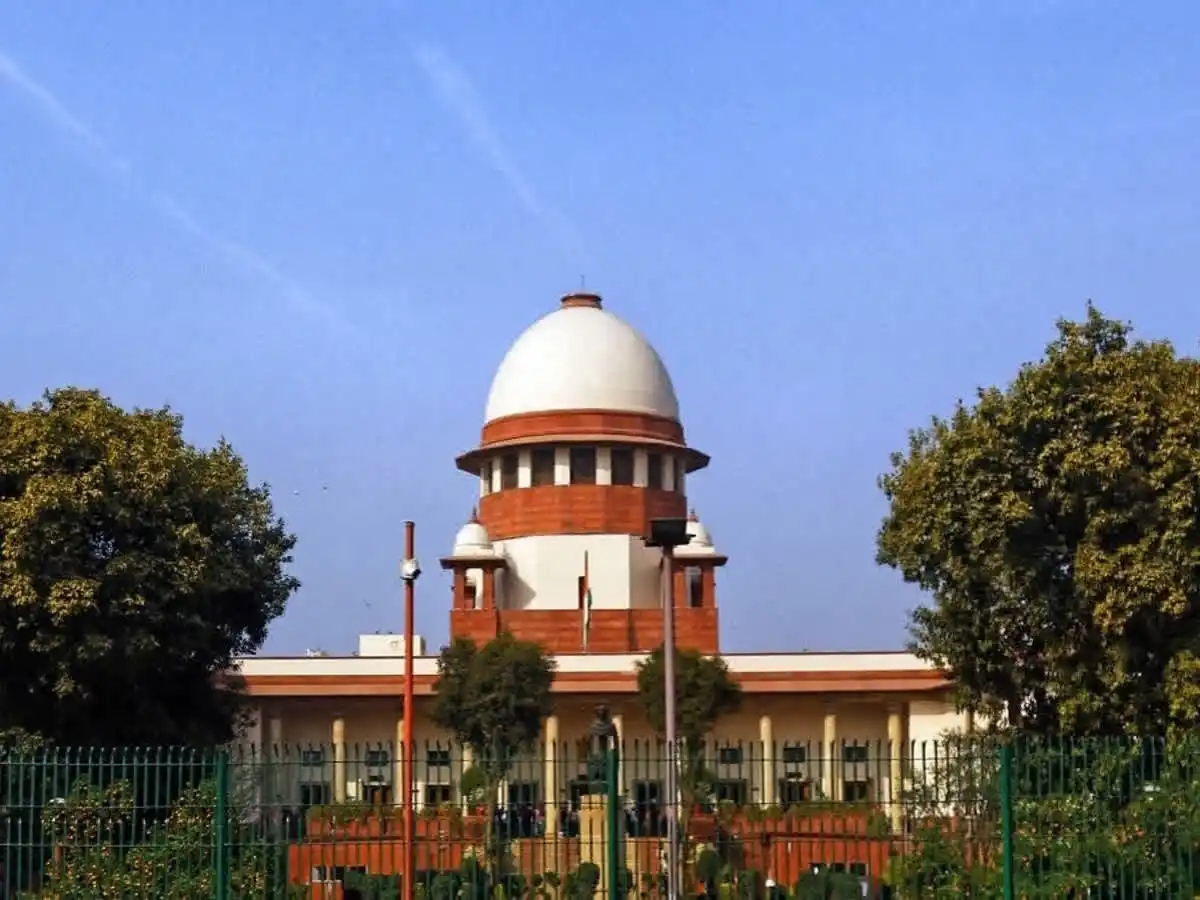On Monday, the Supreme Court rejected a request questioning the authority of the Jammu and Kashmir Lt Governor to appoint five Assembly members based on the Union Ministry of Home Affairs’ suggestions, advising the petitioners to go to the Jammu and Kashmir High Court initially. “Visit the supreme court,” a bench led by Judge Sanjiv Khanna instructed senior lawyer Abhishek Manu Singhvi, representing the Congress leader and petitioner Ravinder Kumar Sharma, who argued that appointments by the unelected Lt Governor could suppress the election outcome. The Bench, including Justice Sanjay Kumar, declined the current petition under Article 32 of the Indian Constitution, allowing the petitioner to instead file a writ petition under Article 226 with the jurisdictional high court. They emphasized that they did not give any opinion on the merits.
The court noted that in numerous instances where they have dealt with cases directly (without involving the High Court), many details tend to be overlooked. In accordance with the Jammu and Kashmir Reorganisation Act 2019 and Jammu and Kashmir Reorganisation Amendment Act 2013, all five appointed members will be granted voting privileges in the process of forming the government.
Two of the nominated members will be women, two will be from the Kashmiri Pandit displaced community (at least one of which will be a woman), and one will be from the West Pakistan refugees. Political parties in Jammu and Kashmir, with the exception of the BJP, have condemned the authority of the Lt Governor, stating that it undermines democracy and goes against the core principles of the Constitution.
Sharma stated in the petition that the inclusion of 5 MLAs with voting rights in the Jammu and Kashmir Assembly would shift the power balance. The outcome of the Supreme Court’s decision will greatly affect the formation of the government in the UT. Currently, the National Conference has declared its stake to power with the backing of 56 out of the 90 elected members in the Assembly.
Assuming that the simple majority out of 95 MLAs (90 elected and 5 nominated) is required, the simple majority would still be 48 and the NC has a comfortable lead above this number. On Friday, NC Vice President Omar Abdullah visited Lt Governor Manoj Sinha at the Raj Bhavan in Srinagar and asserted his claim to establish the government.
The Assembly has 42 members from the NC, accompanied by six members from Congress and one from CPI-M. The BJP has 29 seats, the PDP has three, the AAP and the Peoples Conference each have one, and there are seven Independents. Out of the 7 Independent candidates who were successful in the Assembly election, the majority, such as Pyare Lal Sharma, Satish Sharma, Mohammad Choudhary Akram, Dr Rameshwar Singh, and Muzaffar Iqbal Khan, have chosen to endorse the NC. Mehraj Malik, the sole winner from the Aam Aadmi Party (AAP), has also announced that it will back the NC.
Abdullah stated that the initial priority of the Jammu and Kashmir cabinet would be to approve a resolution for the reinstatement of statehood. He suggested that the cabinet’s top priority should be to propose a resolution requesting the Centre to grant statehood back to J&K. After that, the Chief Minister should present the resolution in Delhi and urge the government to restore our statehood. Omar Abdullah acknowledged concerns about the government in a Union Territory setup potentially having restricted powers.

